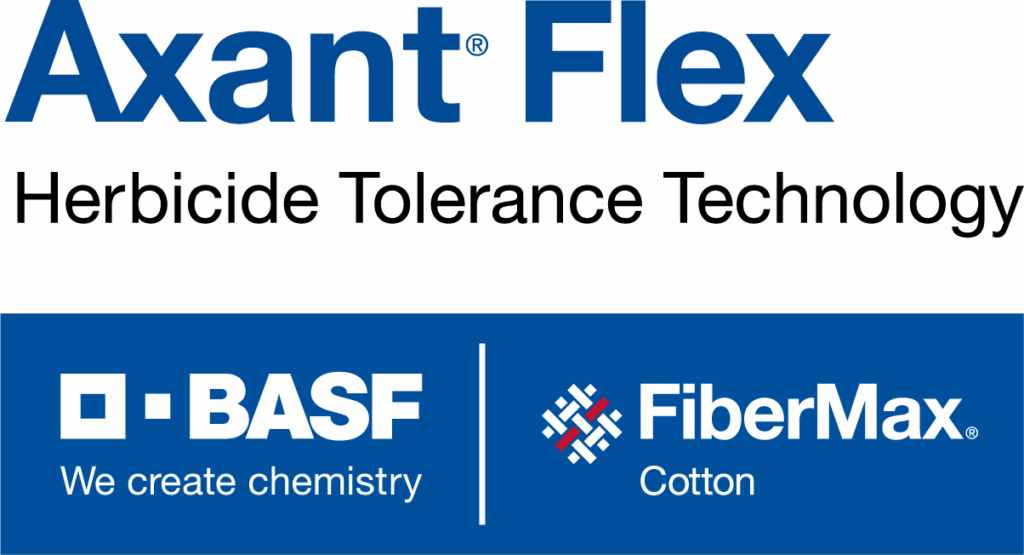Four Factors to Prioritize When Choosing Cotton Varieties
Not every cotton variety is cut out for the rugged conditions of the Western Cotton Belt. To be successful out here, it takes top-end genetics and leading traits to combat the many challenges that threaten yield potential. If you want to step up your cotton production this season, look for cotton seed that’s built to overcome with these four features.
- Disease Resistance
Managing costly diseases like Verticillium wilt requires a multi-tactic approach, including planting resistant varieties. Bacterial blight is another troublesome disease that can reduce yield and fiber quality. Fortunately, today’s advanced genetics provide varieties resistant to these diseases to help you stay ahead of infections.
- Pest Resistance
Microscopic root-knot nematodes (RKN) lurk beneath the surface across many acres, hiding from the naked eye while causing yield losses of up to 50% when left unchecked.1 Choosing resistant varieties can be a cost-effective nematode management strategy, especially when paired with equipment sanitization and crop rotation.
- Weed Management System
When it comes to weed control, options are everything. Matching your weed control system with the needs of your farm can make all the difference in keeping fields clean. Look for cotton varieties with advanced herbicide trait technologies to make sure your strategy is sound when it’s time to spray.
- Consistent Performance
Choosing varieties with top-end traits is only helpful if they work together to perform successfully. Review local and regional data to ensure the variety performs successfully across various conditions, especially those you face on your farm.
Recommended Varieties
FiberMax® cotton seed varieties are bred to include all the features cotton growers need to succeed, including disease and RKN resistance, consistent performance and more. Each year, varieties are selected after thorough testing, including on-farm, real-world Agronomic Performance Trials conducted at more than 200 locations across the Cotton Belt. Check out these featured varieties, bred to bring a whole new level of performance to your fields.
For over 25 years FiberMax cotton seed varieties have delivered the utmost confidence in per-pound profit potential. Talk to your BASF representative or FiberMax seed dealer about which varieties could help you unlock greater yield potential in 2025.

1Overstreet, C., Xavier, D. (2016). Nematode problems on cotton. LSU Ag Center.
Always read and follow label directions. Axant is a trademark and FiberMax is a registered trademark of BASF. © 2025 BASF Corporation. All Rights Reserved.
*Availability of cotton seed containing the Axant Flex technology for the 2025 growing season and beyond is subject to many factors, and such seed may not be available in all cotton-growing areas. Commercial sales of cotton seed containing the Axant Flex technology will be subject to contractual terms and conditions and stewardship obligations, which may include, among other requirements, audit rights, liquidated damages applicable to growers, and restrictions on where the crop resulting from such seed may be sold, transferred and/or exported. Axant ISO herbicide (EPA Reg. No. 7969-433) is not registered for use on isoxaflutole-tolerant cotton nor available for sale for such use. Information on using Axant ISO herbicide on isoxaflutole-tolerant cotton is provided for educational purposes only and is not intended to promote the sale of this product. Any sale of Axant ISO herbicide after registration is obtained for use on isoxaflutole-tolerant cotton shall be based solely on the EPA-approved product label, and any claims regarding product safety and efficacy shall be addressed solely by the label. Axant ISO is currently not available for sale. Axant ISO herbicide is a US EPA Restricted-Use Pesticide. Additional state restrictions may apply.





